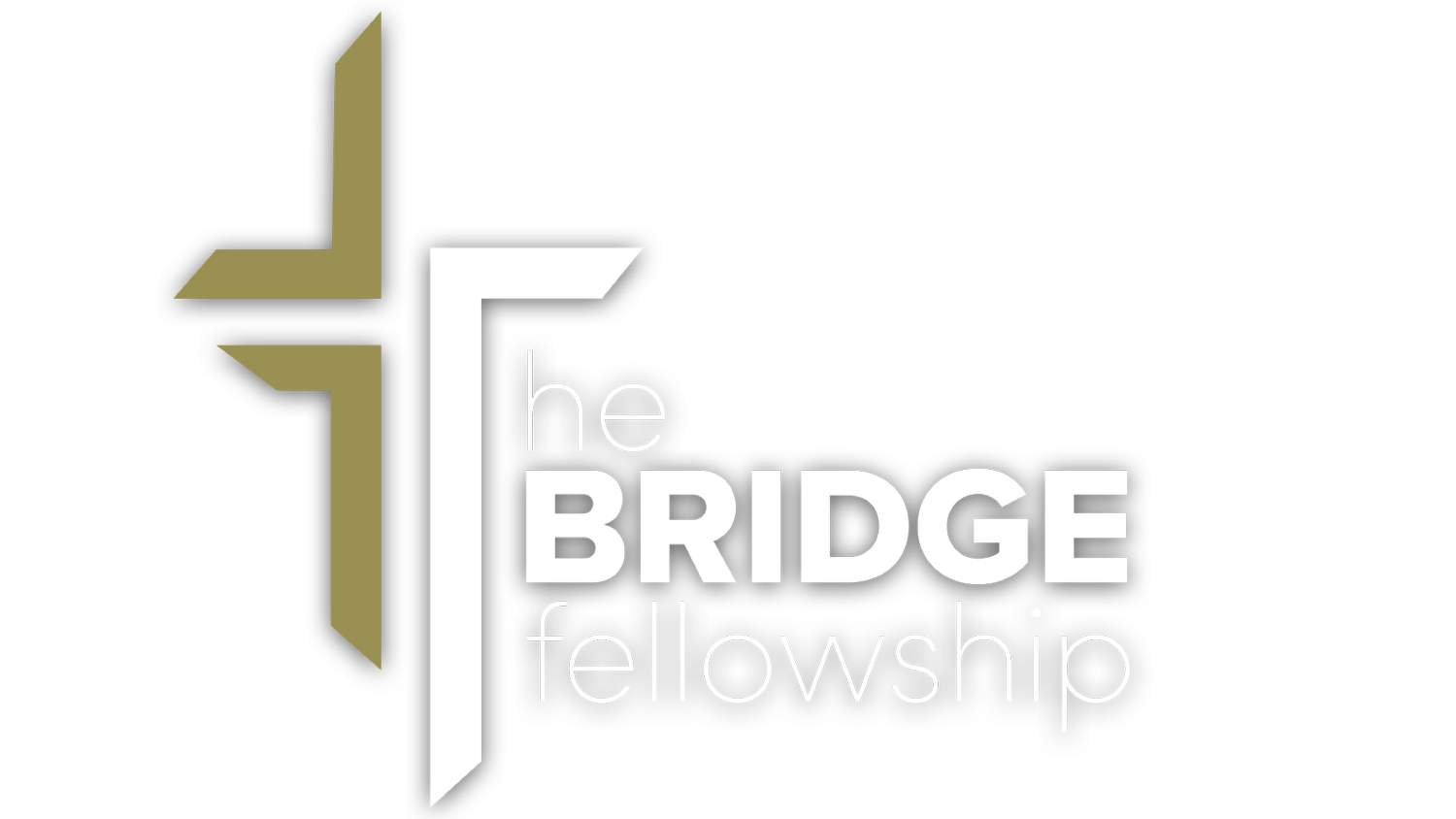Isaiah 6: 1-8 gives our worship a Gospel-shape.
Praise |
In Isaiah’s vision of God, he sees creatures praising God in His holiness and glory.
CONFESSION |
In response to God’s holiness, Isaiah confesses his sin and seeks renewal.
RENEWAL |
God speaks His Word to Isaiah. Isaiah receives forgiveness and cleansing.
COMMISSION |
Isaiah then responds by committing to serve the Lord.
Therefore, we approach God in awe, we see our sin, we hear the good news of what Jesus has done, and we respond in faith and obedience.
Worship from the Heart |
God is the only Audience. Worship must be in spirit and truth (John 4: 23). The songs we sing are biblical and Gospel-centered, instructing the mind and affecting the heart. The loudest sound in the worship are the voices of the congregation (see Psalms). The entire worship team is the congregation. The instruments serve congregational voices.
God cares about our hearts most in our gathering: “Let the word of Christ dwell in you richly, teaching and admonishing one another in all wisdom, singing psalms and hymns and spiritual songs, with thankfulness in your hearts to God” (Col. 3: 16).
Evangelistic Worship |
God cares about unbelievers in worship. Paul said when “an unbeliever or outsider enters, he is convicted by all, he is called to account by all, the secrets of his heart are disclosed, and so, falling on his face, he will worship God and declare that God is really among you” (1 Cor. 14: 24, 25).
Worship SERVICE TEAM |
When we set up chairs, banners, sound system or camera without grumbling and complaining, it’s an act of worship to God. Praying for the people who are going to sit in the chairs, praying for the sound systems to serve rather than distract, praying for banners that they point us to why we do what we do, praying for the camera so that the Gospel goes out and reaches people can be a helpful way to worship while setting up. When Abraham offered to sacrifice his son Isaac, it was an act of worship to God (Gen. 22: 5).
The various elements in our worship “the apostles’ teaching and the fellowship, to the breaking of bread and the prayers” are centered around the Gospel (Act 2: 42).
When we are sent out with Gospel blessings from Monday to Saturday, all of life in our homes and workplace is to be a living sacrifice—an act of worship to God (Rom. 12:1-2; 1 Cor. 10:31).







